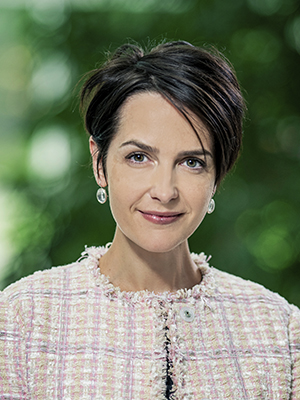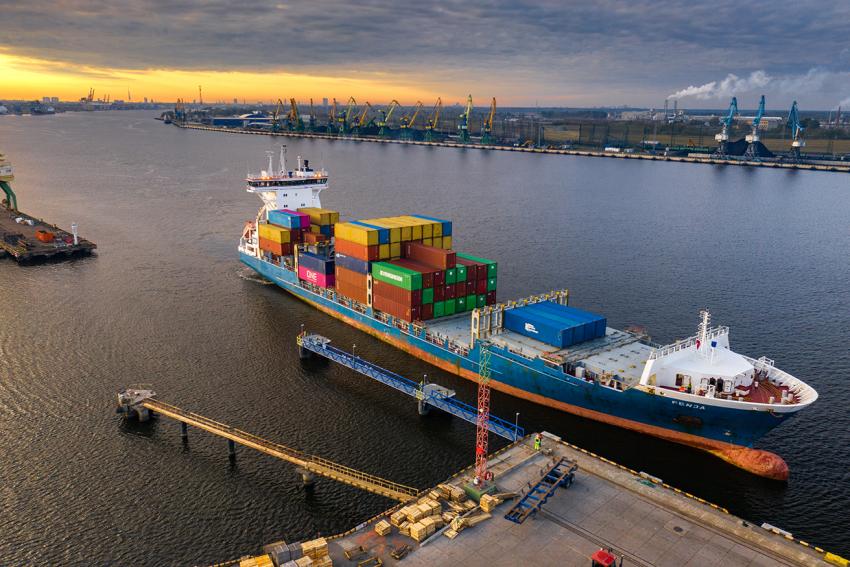Entrepreneurs - leaseholders of the Freeport of Riga land and berths permanently working in the port territory, which form the basic cluster of the port companies, invested 36.3 million euros in infrastructure development last year, while the total amount of investments in the last five years has reached 195 million euros.
The investment flow fostered the growth of cargo handling and storage infrastructure area – thus during the last year the total area of open warehouses in the port has increased by 123,630 m2, while for closed warehouses - by 40,110 m2. Significant investments have also been made into the development of terminal machines and equipment - in 2019, the range of machines and equipment at the disposal of the Freeport of Riga companies has increased by 116 units, which indicates an increase in the quality and capacity of services.
Due to uncertainty about the future development of the world economic situation, the port entrepreneurs plan investments with caution - the forecasted amount of investments in 2021-2024 is estimated at 149 million EUR.
“The global Covid-19 pandemic, economic and geopolitical processes, including sanctions against our neighbors Russia and Belarus, are the factors that have significantly affected the operations of the Port of Riga and the cargo range. The companies working in the port are adapting to the current situation, reorienting their operations and, most importantly, investing in development, which proves that economic activity of the Port of Riga will not lose its dynamics and will continue to play a significant role in the Latvian economy, ”emphasized Viesturs Zeps, the Freeport of Riga Board Chairman. “Significant increase in the volume of investments is currently hindered by the complicated applicable regulations on building right,” added V.Zeps.
At the beginning of 2021, the Freeport of Riga commercial companies provided 4,139 jobs in the port territory, which are considered to be direct jobs of the port cluster in the port territory. However, the total number of employees working in the port or related to port services - agents, forwarders, ship suppliers, cargo controllers, tugboat crews, etc., is estimated to be even higher. In the period of 2015-2019, the companies of the basic cluster of the Port of Riga have paid a total of 137 million euros in taxes.
“Despite various speculations about the importance and role of ports in the national economy, we see that port companies are a significant employer and make a significant contribution to the state budget in the form of taxes paid, which have even increased in recent years, despite a small drop in turnover,” said V. Zeps.
Over the period of 2017-2019 the average cluster turnover has exceeded 350 million EUR per year. In the period covered by the report, the cluster companies’ revenue from operating activities has reached ~ 136 million euros, reaching a total profit of 48 million euros in 2019.
The list of owners of share capital of the port commercial companies includes representatives of more than 20 different countries. The capital of Latvian origin makes up 44% (in 2019 - 40.5%) of the share capital of the port companies cluster (land / berth leaseholders), while the second and third position are occupied by Dutch and Cypriot companies.
Information for media

- [email protected], +371 670 308 53
- Freeport of Riga Authority
- 12 Kalpaka blvd, Riga, Latvia, LV-1010
 English
English























